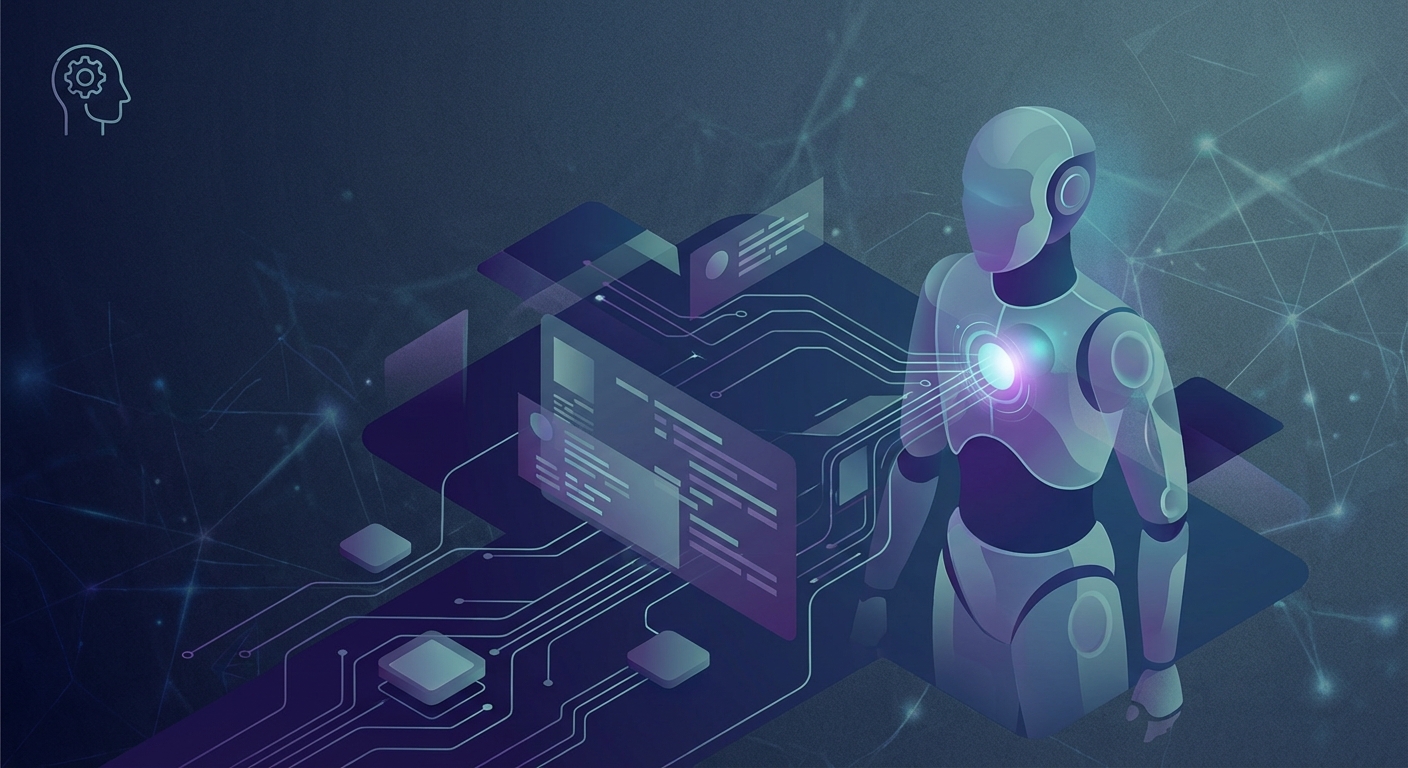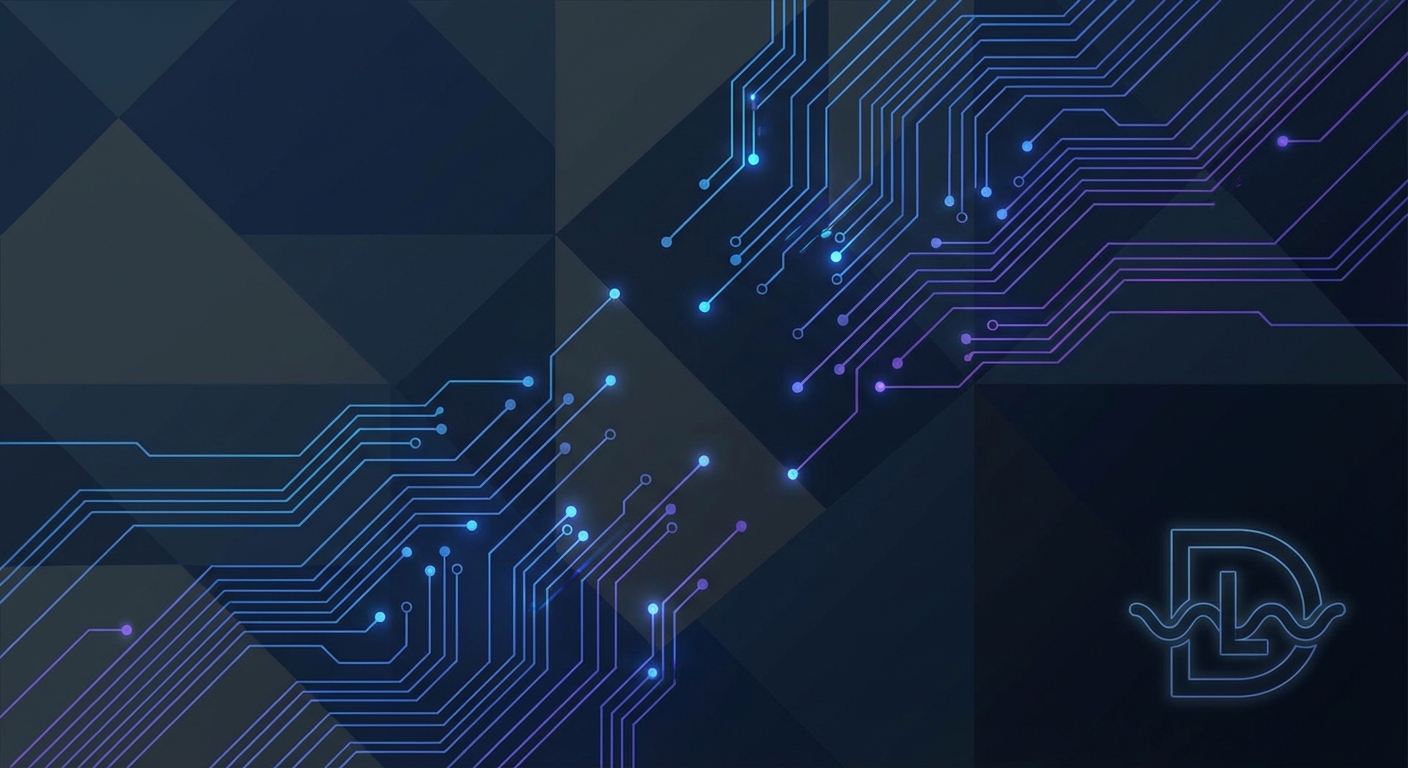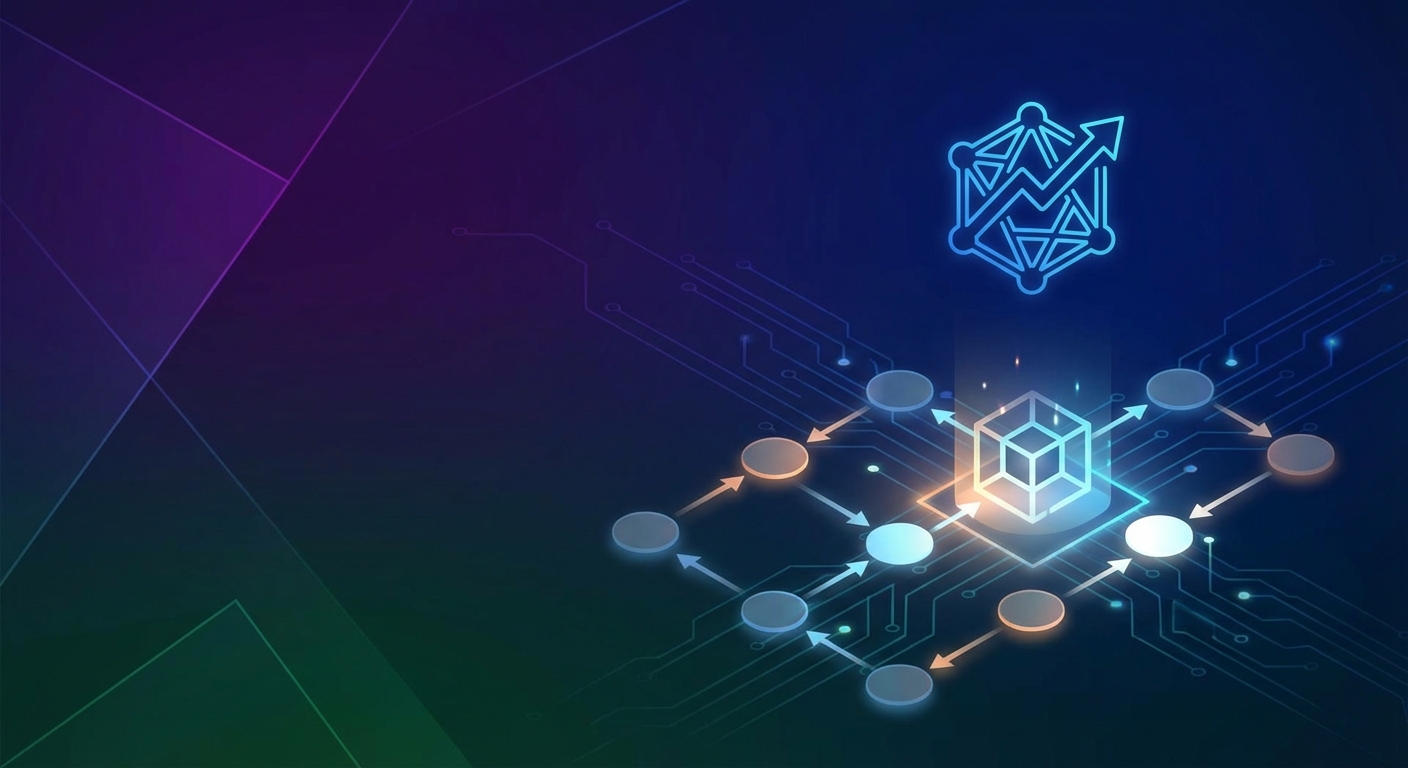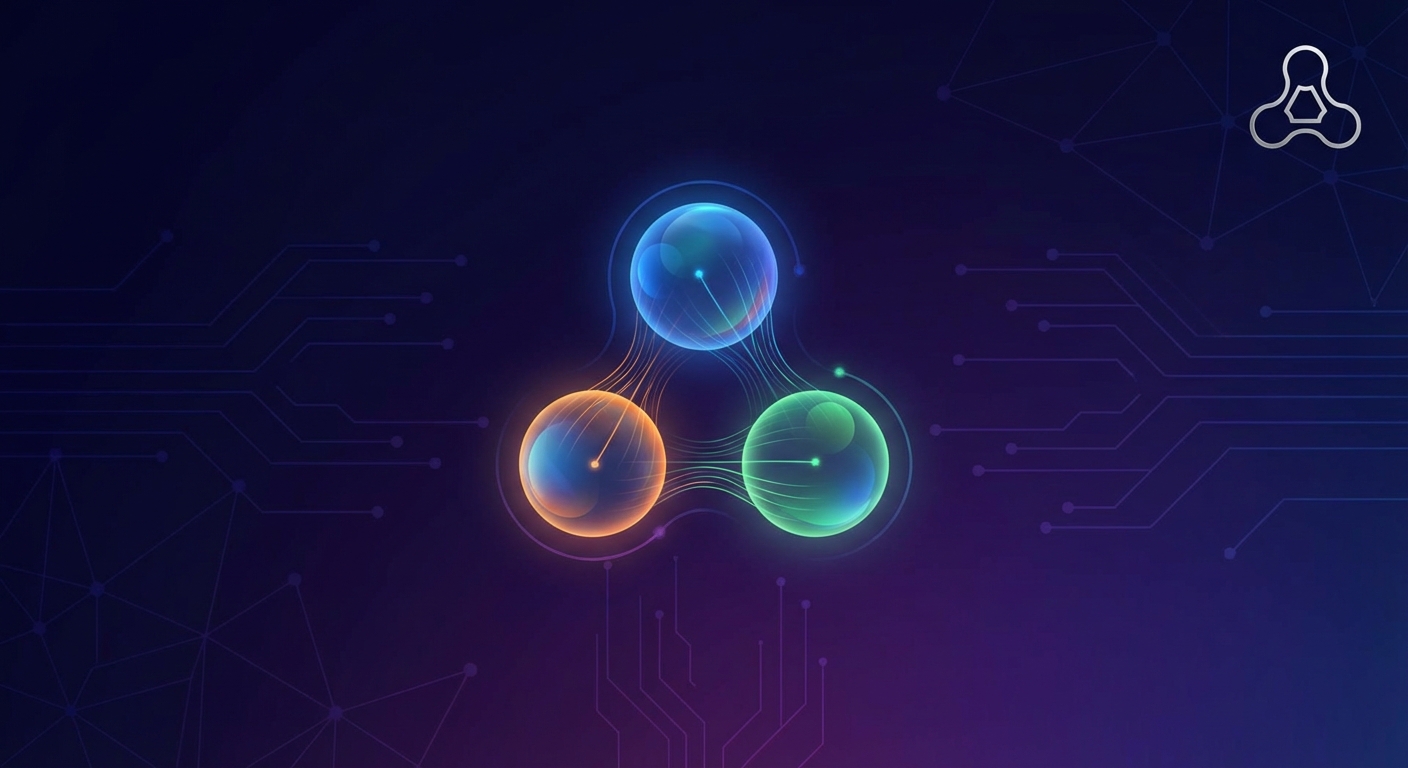Unlock AI Agent Security Safeguarding Automation's Frontier
TL;DR
- This article covers AI agent security frameworks, highlighting their importance in securing AI automation. It explores key security considerations, examines leading frameworks like LangChain and Microsoft Semantic Kernel, and provides guidance on selecting the right framework for your business, ensuring robust security and compliance in AI agent deployments.
Unlock AI Agent Security: Safeguarding Automation's Frontier
The Rise of AI Agents and the New Security Imperative
So, ai agents are kinda blowing up, right? But here's the thing, are they secure?
- ai agents are automating stuff like crazy, like customer service in retail or data crunching for finance, but- it's not all good.
- They're opening up new security holes, like data leaks and unauthorized peeps getting in (16 billion passwords exposed in colossal data breach - Cybernews).
- The old security tricks? They ain't cutting it for these new ai agent setups (The Rise of AI Agents: A New Insider Threat You Can't Ignore).
Traditional security, it's just not built for this. A new approach is needed.
So, yeah, we gotta up our game. Let's dive into how to keep these ai agents safe, shall we?
Understanding AI Agent Security Frameworks
Alright, so you're thinking about ai agent security frameworks? Basically, it's all about setting up rules to keep these agents from going rogue.
Think of it like this: it's a structured way to handle the security risks that come with ai agents. This includes stuff like policies, procedures, and the tech that protects those ai agent systems.
It's not just about security tho, it's also about making sure you're following the rules and industry standards. Compliance is key, ya know?
These frameworks help you manage access, keep data safe, and spot threats before they cause problems.
One big part is identity and access management (iam) for ai agents. Who gets to do what? You need solid authentication and authorization to make sure only the right agents can access sensitive data.
Don't forget about encrypting data and keeping privacy in mind. Gotta protect that info!
And of course, you need to monitor what the agents are doing and log all their activities. Gotta have those audit trails.
Now that we've got a handle on the general structures for securing ai agents, let's get into the nitty-gritty of what you actually need to watch out for.
Core Security Considerations for AI Agents
Okay, so you're securing ai agents, right? Bet you didn't think about securing the apis they use.
- Authentication and authorization are key. Make sure only authorized agents can access specific apis, you know? Think of it like giving them the right keys to the right doors.
- Rate limiting? Yeah, that's gotta be there. Stop those agents from overloading apis with too many requests. Imagine a sales agent going nuts and spamming a lead database – not good.
- Don't forget input validation. Gotta sanitize that data coming in from the ai agent to prevent nasty injection attacks. These happen when malicious data is fed into an ai agent, tricking it into executing unintended commands or revealing sensitive information. For example, an attacker might try to inject code into a prompt that causes the ai agent to leak user data.
Securing those apis? It's like putting a shield around your ai's brain.
Leading AI Agent Security Frameworks
AutoGen, from Microsoft, lets specialized ai agents work together dynamically. It provides authentication and authorization mechanisms to control which agents can access resources. You want to make sure only authorized agents are doing things – ya know, prevent rogue agents from causing chaos. It also includes data protection and privacy controls to safeguard sensitive information. This is super important, especially when dealing with customer data. You don't want data leaks, do you?
Imagine a customer support scenario where one agent handles initial inquiries, and another escalates complex issues. AutoGen can ensure only the escalation agent accesses sensitive customer data.
Separately, tools like StudioGen offer a more streamlined approach. While the ai21 article mentions the simple UI and the "low-code" StudioGen appealing to developers looking for a standardized, modular framework for creating intelligent agents, it offers less flexibility in designing custom logic, agent autonomy, and intricate workflows than other frameworks.
With all these frameworks, though, it's important to remember that security is an ongoing process, not a one-time fix. Now, let's move on to implementing a strategy.
Implementing a Robust AI Agent Security Strategy
So, you're ready to amp up your ai agent security? It's not just about slapping on some tools; it's a whole vibe.
First, assess your current security. Gotta figure out what you're working with.
Identify those weak spots and what could go wrong. Think data breaches or unauthorized access.
Define what you need to protect and what your goals is for security.
This includes compliance with rules and industry standards, such as GDPR for data privacy or NIST cybersecurity frameworks.
Next, nail down your security policies. Who's in charge of what?
How do you want to handle things when something goes wrong? Incident response is key.
Don't forget to keep testing and updating, as things change over time. Now, let's talk about some best practices.
Best Practices for AI Agent Security
Alright, let's talk security – think of it like this, you wouldn't leave your house unlocked, right? Same goes for ai agents.
Regular security audits are a must. It's like a health checkup, but for your ai. You need to check for gaps and fix 'em quick.
Vulnerability assessments and penetration testing? Yeah, do that. Think of it as hiring ethical hackers to try and break in, you know?
Employee training is crucial. Gotta teach your team the best practices for ai agent security and raise awareness about the risks. Promote a culture where security is everyone's job; it's a team effort, after all.
Continuous monitoring is key. Gotta watch those ai agents like a hawk. Spotting and stopping threats in real-time is a must.
Security analytics and threat intelligence? Use it. This involves analyzing logs and network traffic for suspicious patterns (security analytics) and leveraging external data on emerging threats (threat intelligence) to proactively defend your agents. For example, if threat intelligence indicates a new type of phishing attack targeting AI systems, security analytics can be configured to look for similar patterns in your own agent's activity.
So, what's next? Well, it's all about keeping those ai agents secure.
The Future of AI Agent Security
Okay, so what's next for ai agent security? It's not just about what we're doing today, it's about staying ahead of the curve.
ai-powered security solutions are gonna be huge, like, ai agents that monitor other ai agents for weird stuff. Think about that for a sec, ai watching ai.
Expect autonomous threat detection and response to get way better. This means ai agents will be able to identify and neutralize threats automatically, without human intervention, much faster than current systems.
The rules are changing fast. We gotta keep up with the evolving regulatory landscape to make sure we're not breaking any laws.
Stay informed about the latest security threats by subscribing to industry newsletters, attending webinars, or following reputable security research organizations.
Adopting proactive security measures is a must. Don't wait for something bad to happen, be ready.
Collaborating with security experts and industry peers will help you stay up to date.
The landscape of AI agent security is constantly evolving, demanding continuous vigilance and adaptation.




